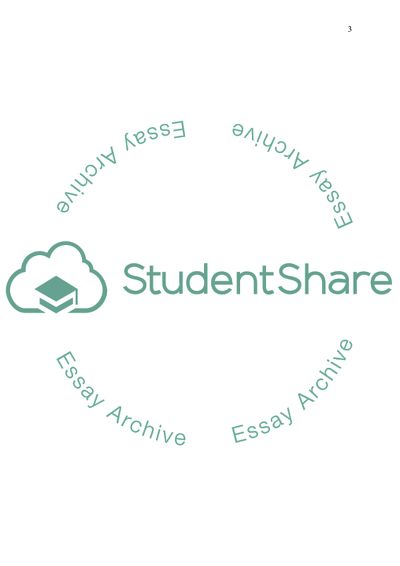Cite this document
(Rational Choices Inadequate in Explaining Foreign Policy Development Coursework Example | Topics and Well Written Essays - 2000 words, n.d.)
Rational Choices Inadequate in Explaining Foreign Policy Development Coursework Example | Topics and Well Written Essays - 2000 words. https://studentshare.org/history/1881458-when-are-rational-choices-inadequate-in-explaining-foreign-policy-development-illustrate-your-answer-with-a-case-study-of-the-cuban-missile-crisis
Rational Choices Inadequate in Explaining Foreign Policy Development Coursework Example | Topics and Well Written Essays - 2000 words. https://studentshare.org/history/1881458-when-are-rational-choices-inadequate-in-explaining-foreign-policy-development-illustrate-your-answer-with-a-case-study-of-the-cuban-missile-crisis
(Rational Choices Inadequate in Explaining Foreign Policy Development Coursework Example | Topics and Well Written Essays - 2000 Words)
Rational Choices Inadequate in Explaining Foreign Policy Development Coursework Example | Topics and Well Written Essays - 2000 Words. https://studentshare.org/history/1881458-when-are-rational-choices-inadequate-in-explaining-foreign-policy-development-illustrate-your-answer-with-a-case-study-of-the-cuban-missile-crisis.
Rational Choices Inadequate in Explaining Foreign Policy Development Coursework Example | Topics and Well Written Essays - 2000 Words. https://studentshare.org/history/1881458-when-are-rational-choices-inadequate-in-explaining-foreign-policy-development-illustrate-your-answer-with-a-case-study-of-the-cuban-missile-crisis.
“Rational Choices Inadequate in Explaining Foreign Policy Development Coursework Example | Topics and Well Written Essays - 2000 Words”. https://studentshare.org/history/1881458-when-are-rational-choices-inadequate-in-explaining-foreign-policy-development-illustrate-your-answer-with-a-case-study-of-the-cuban-missile-crisis.


